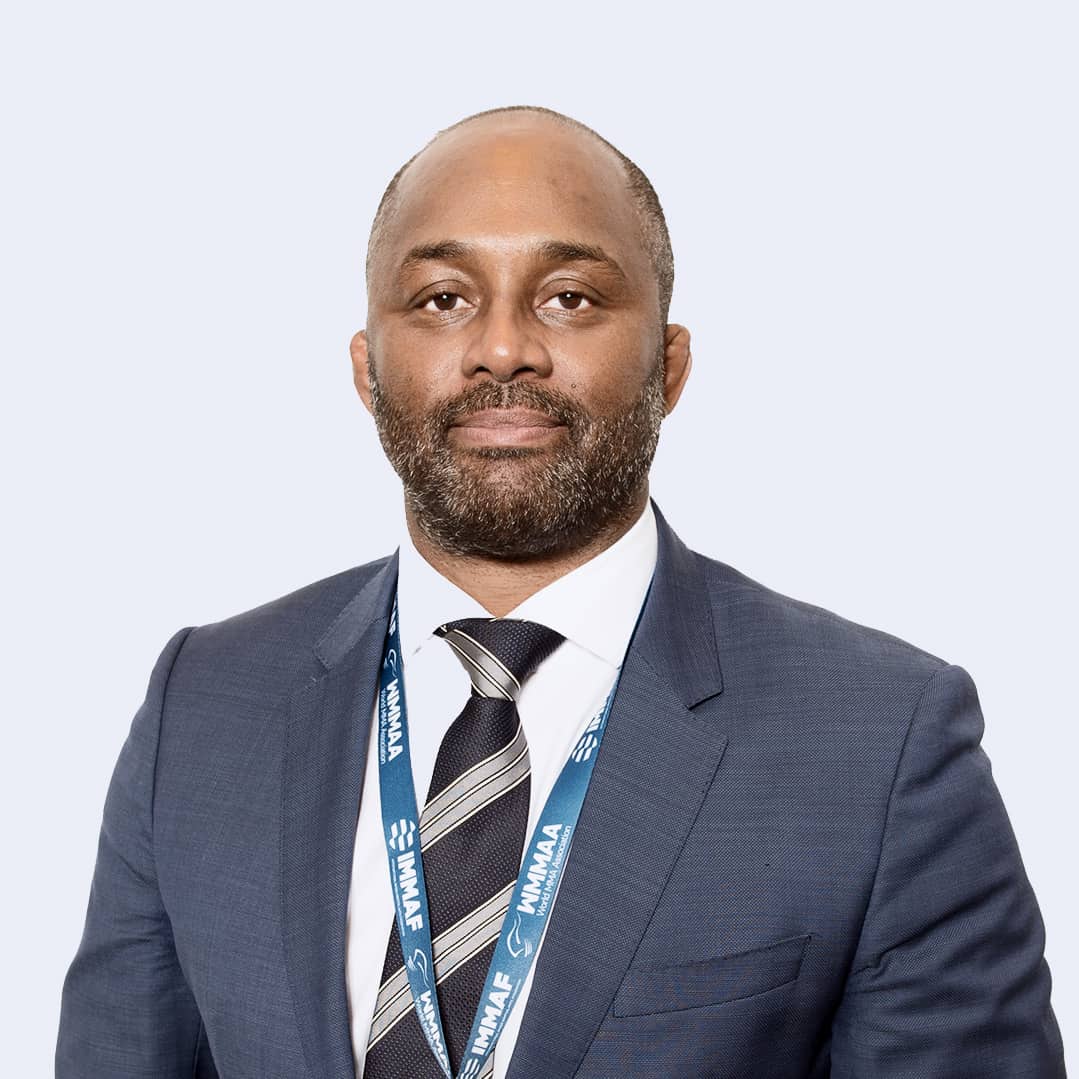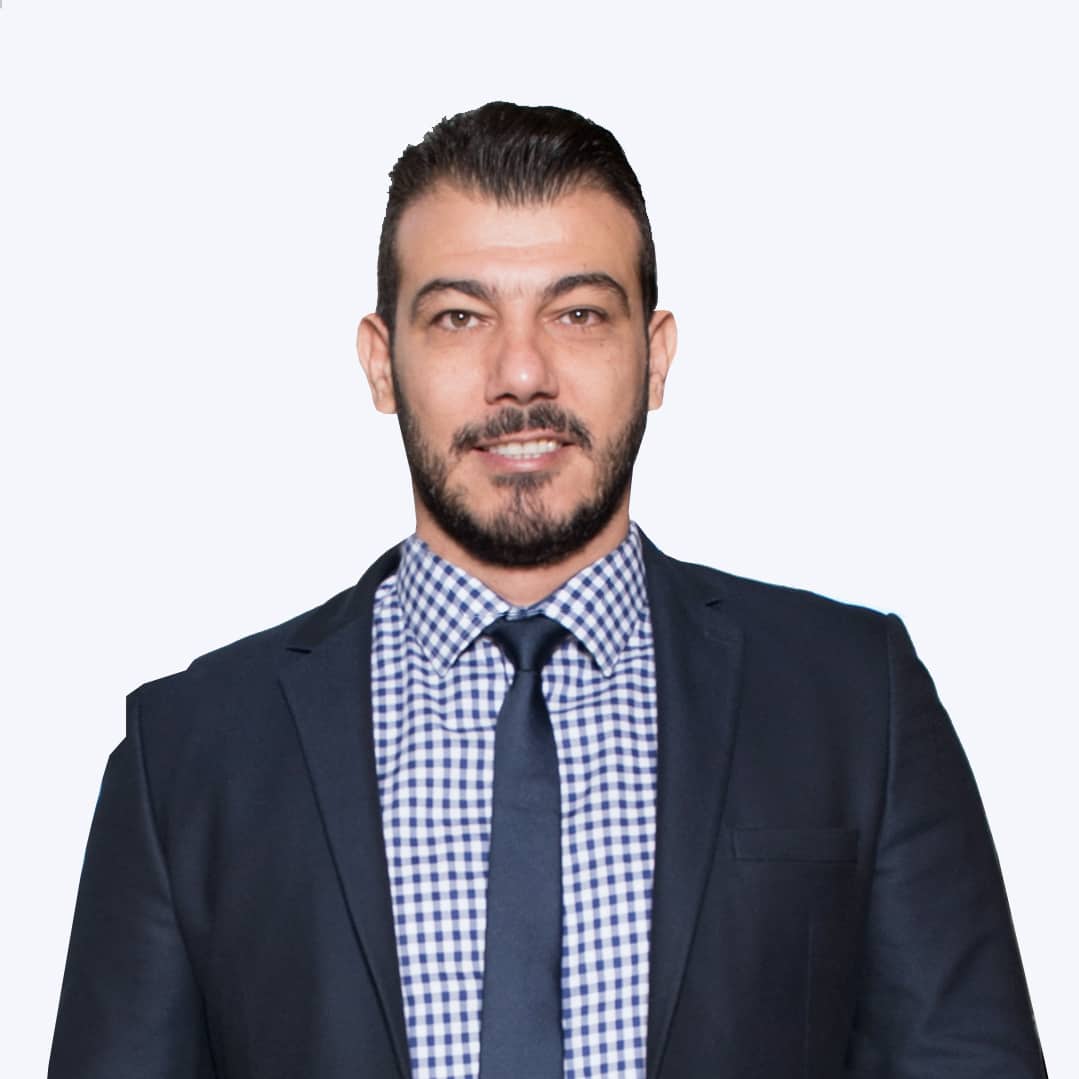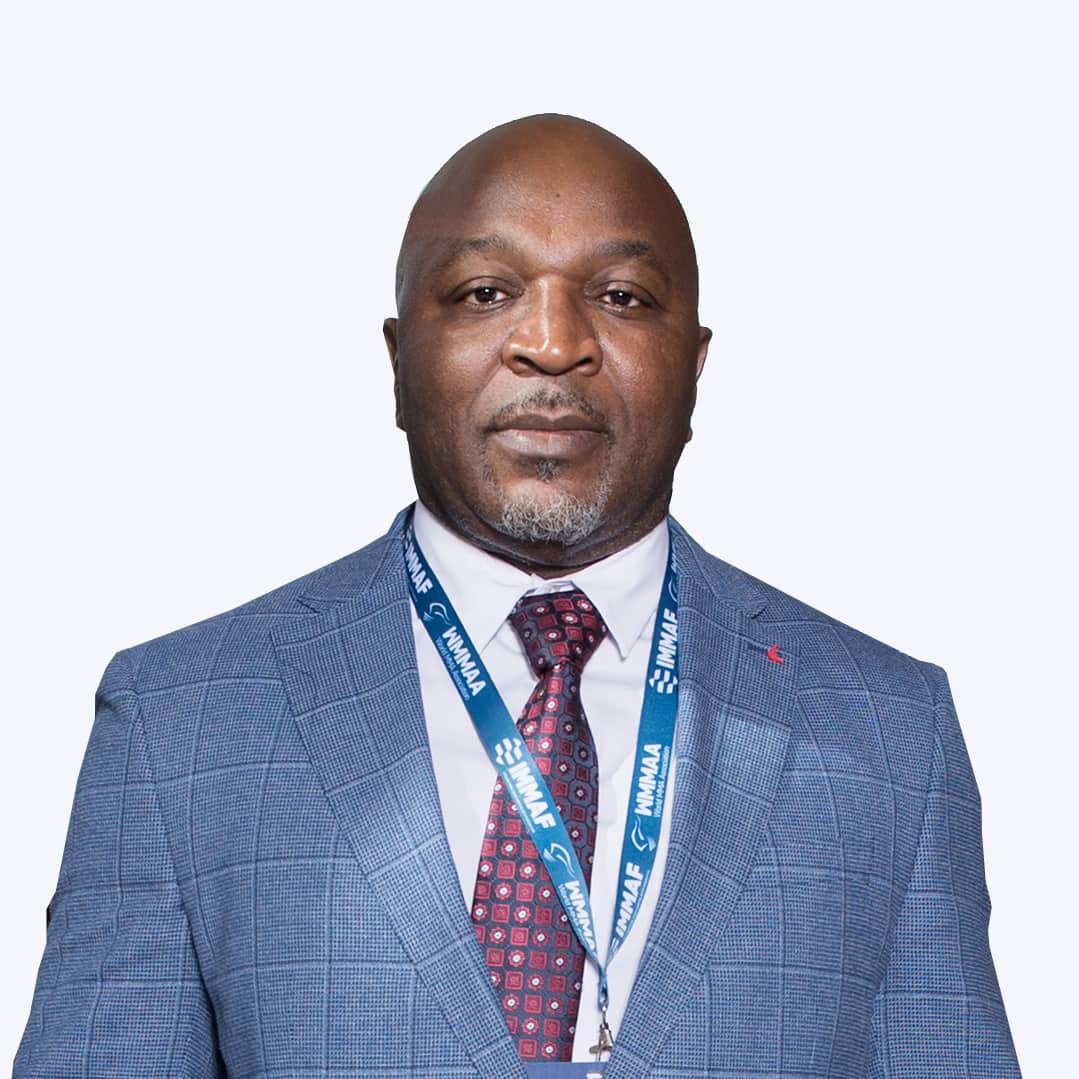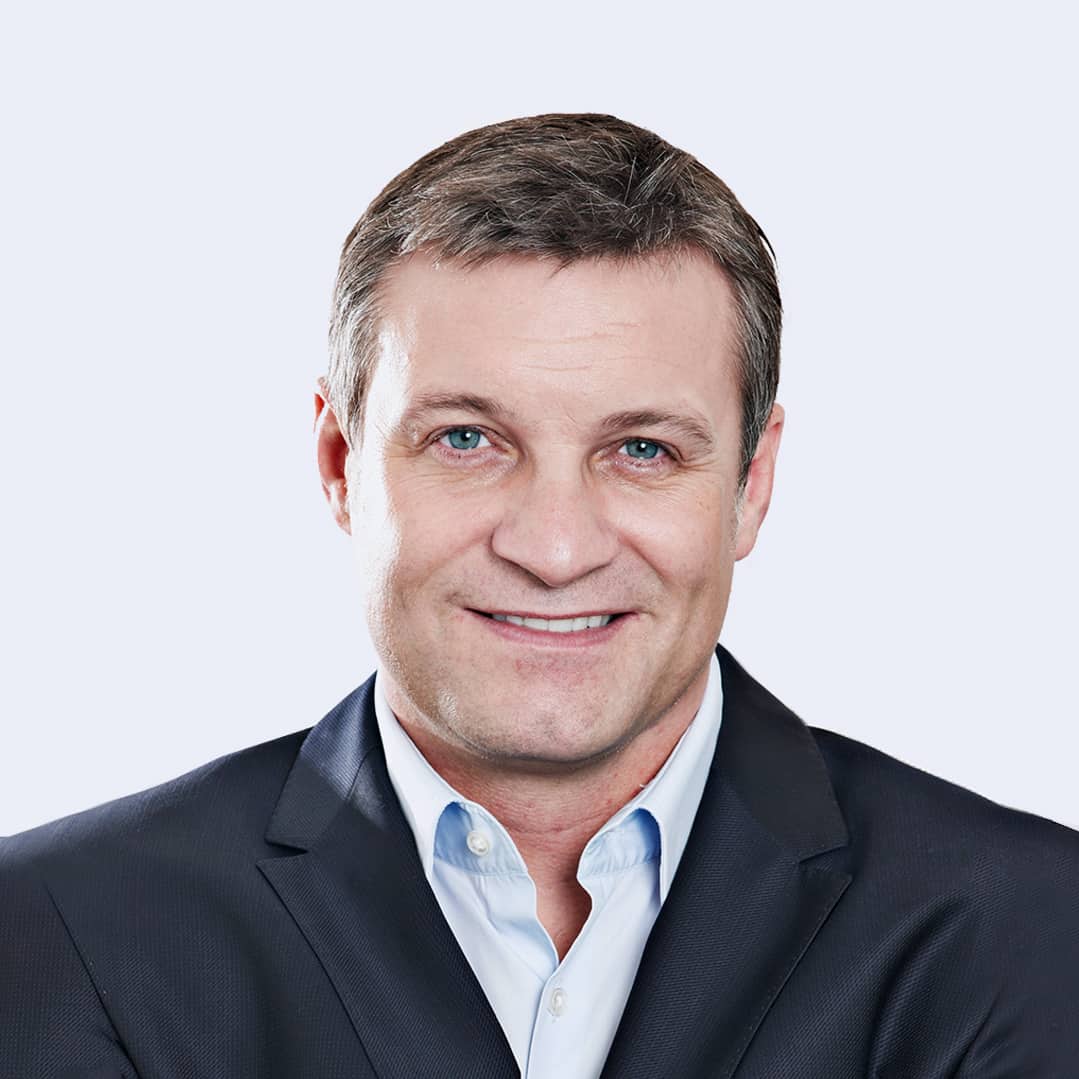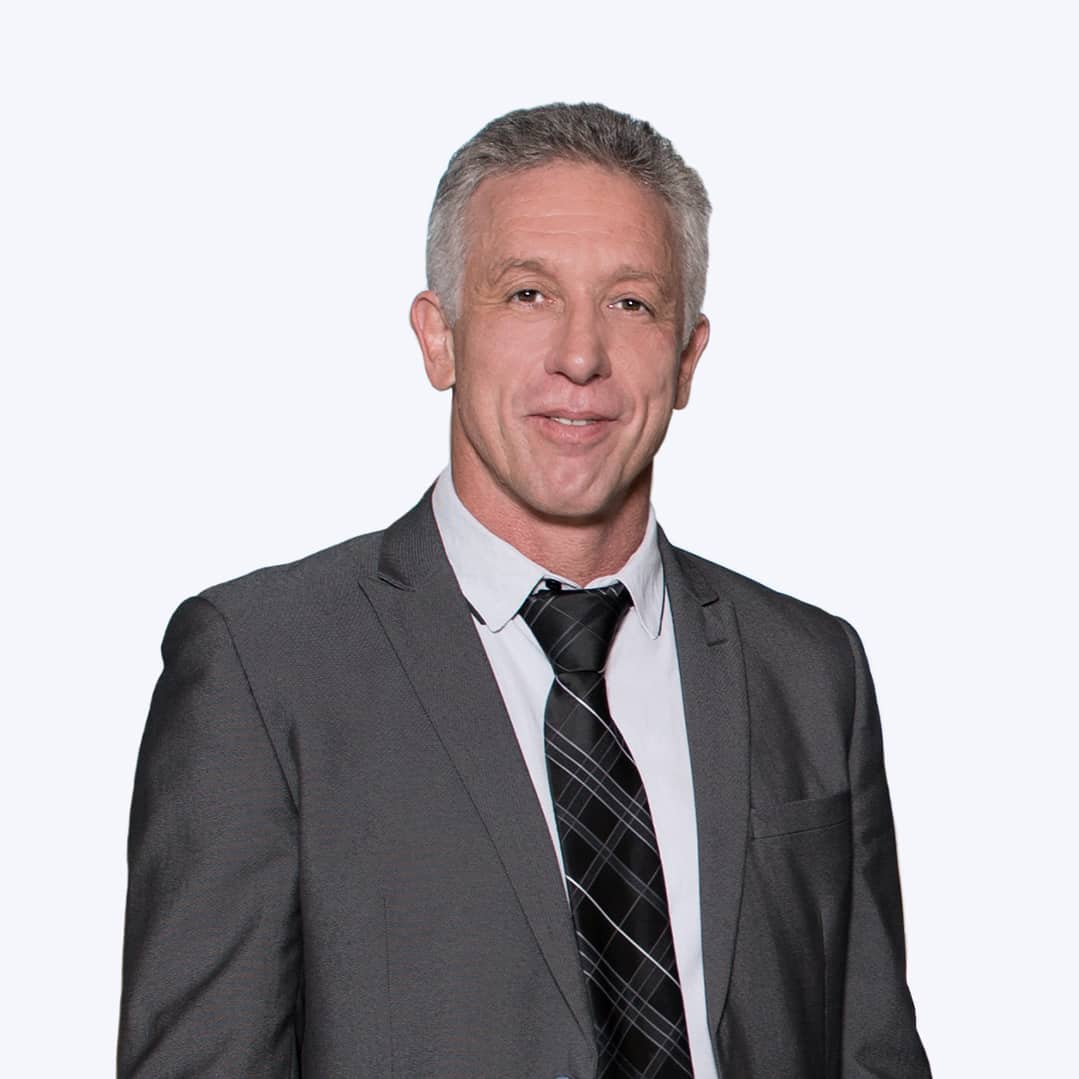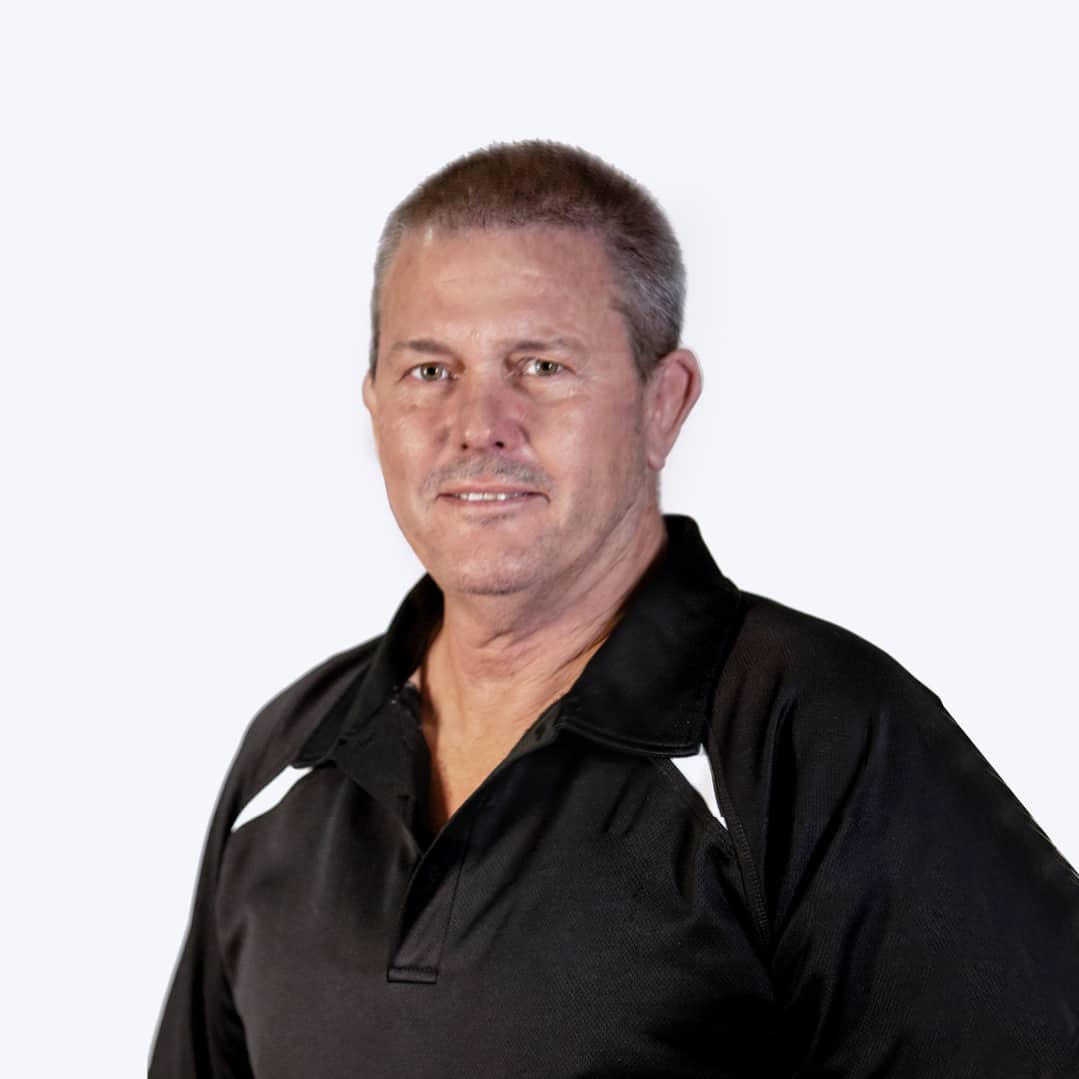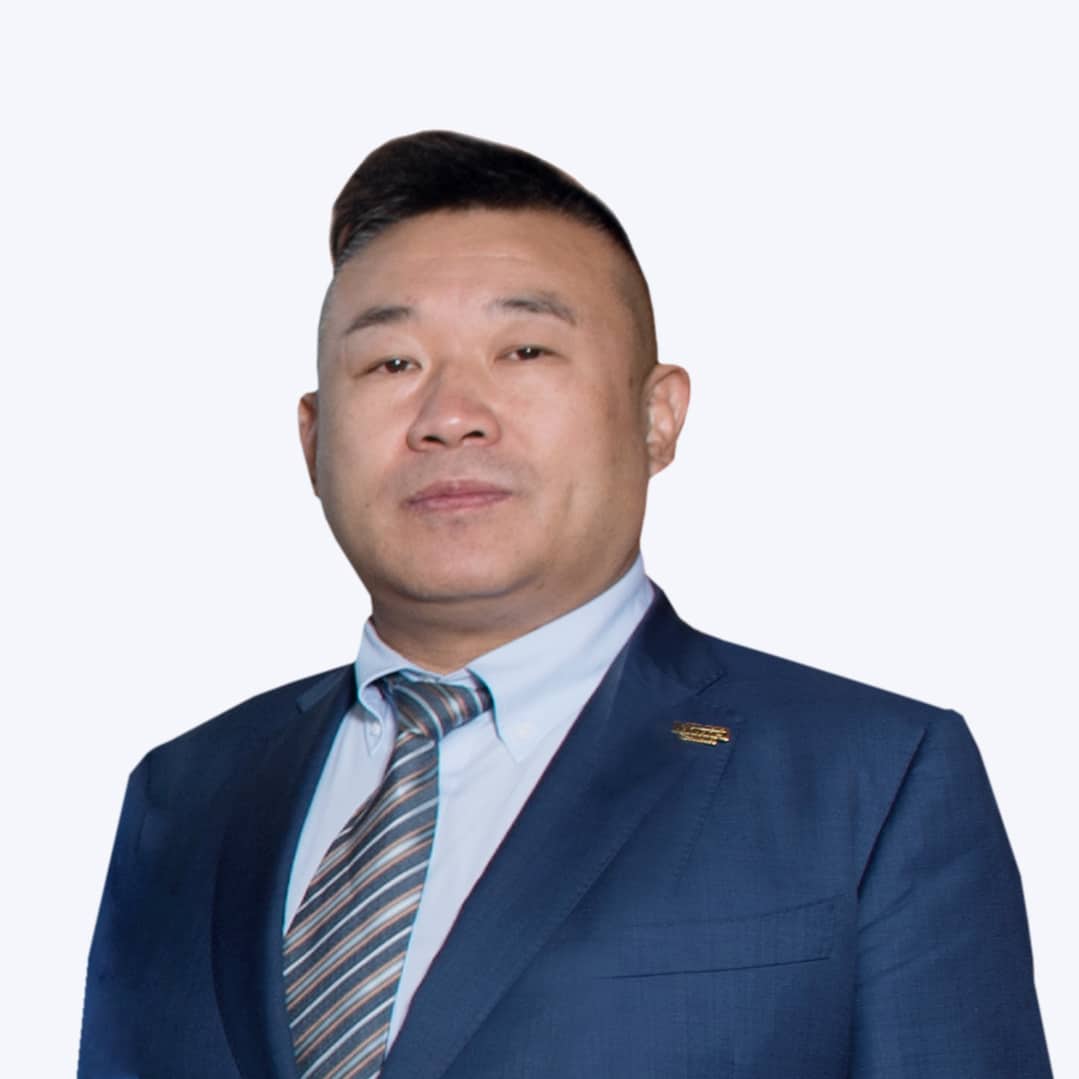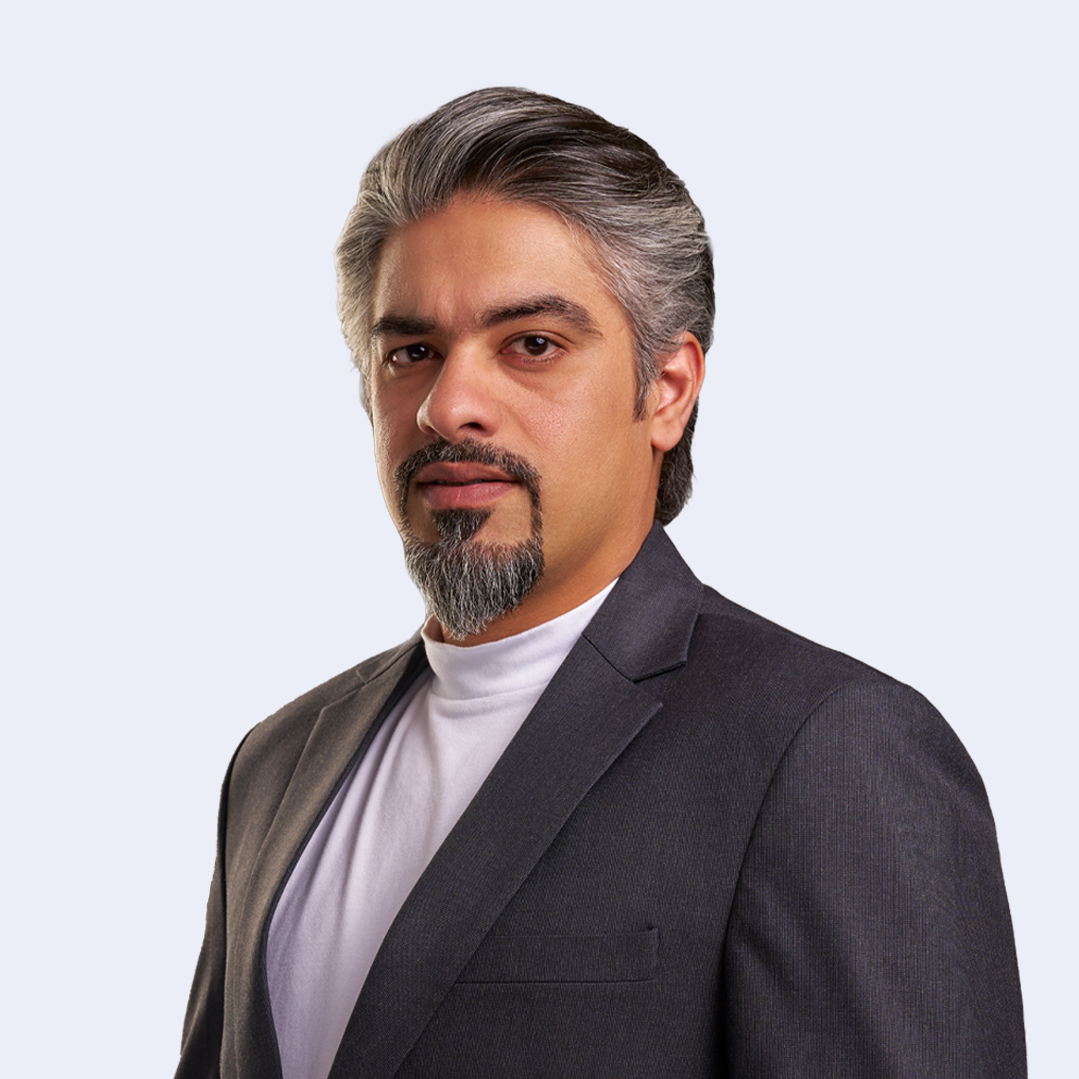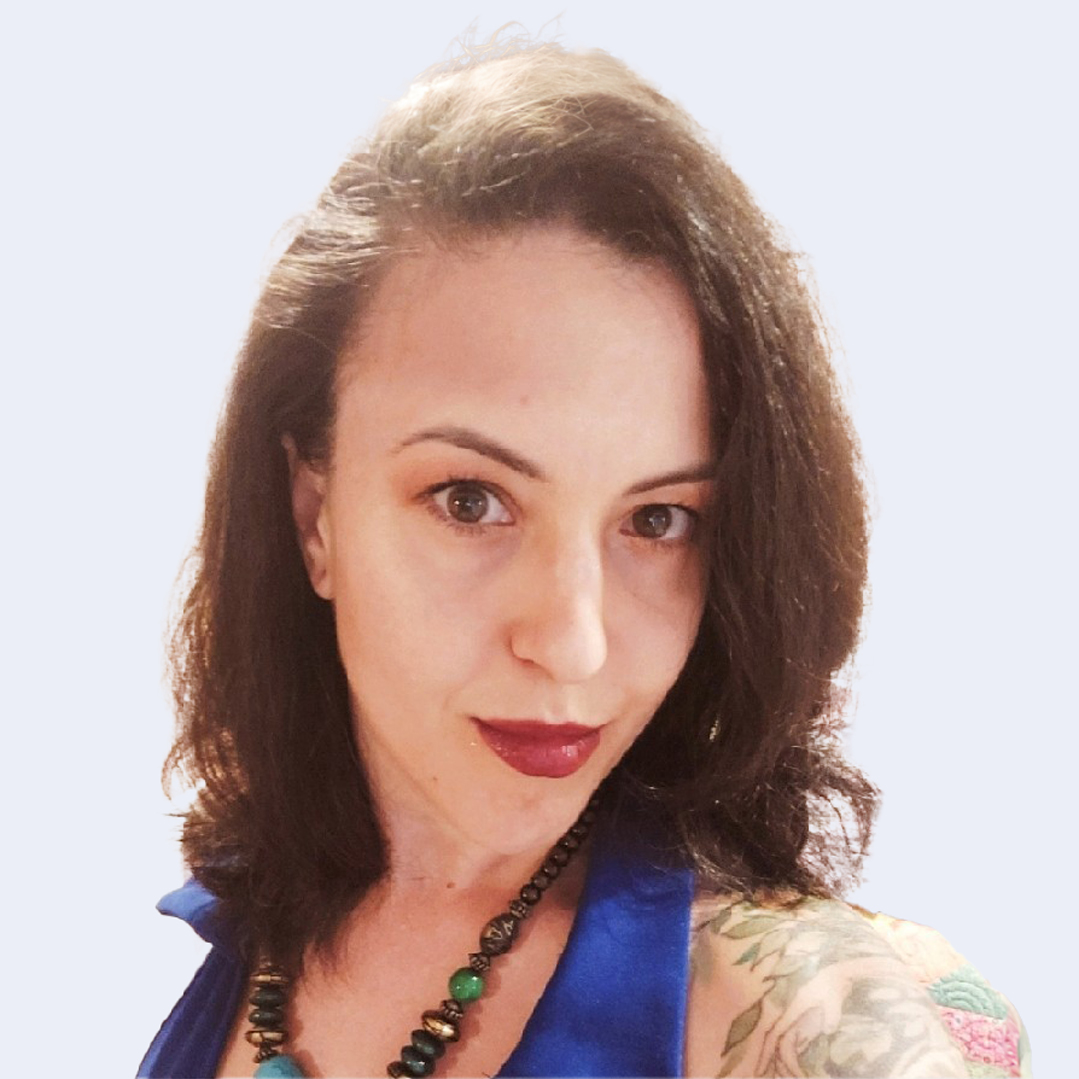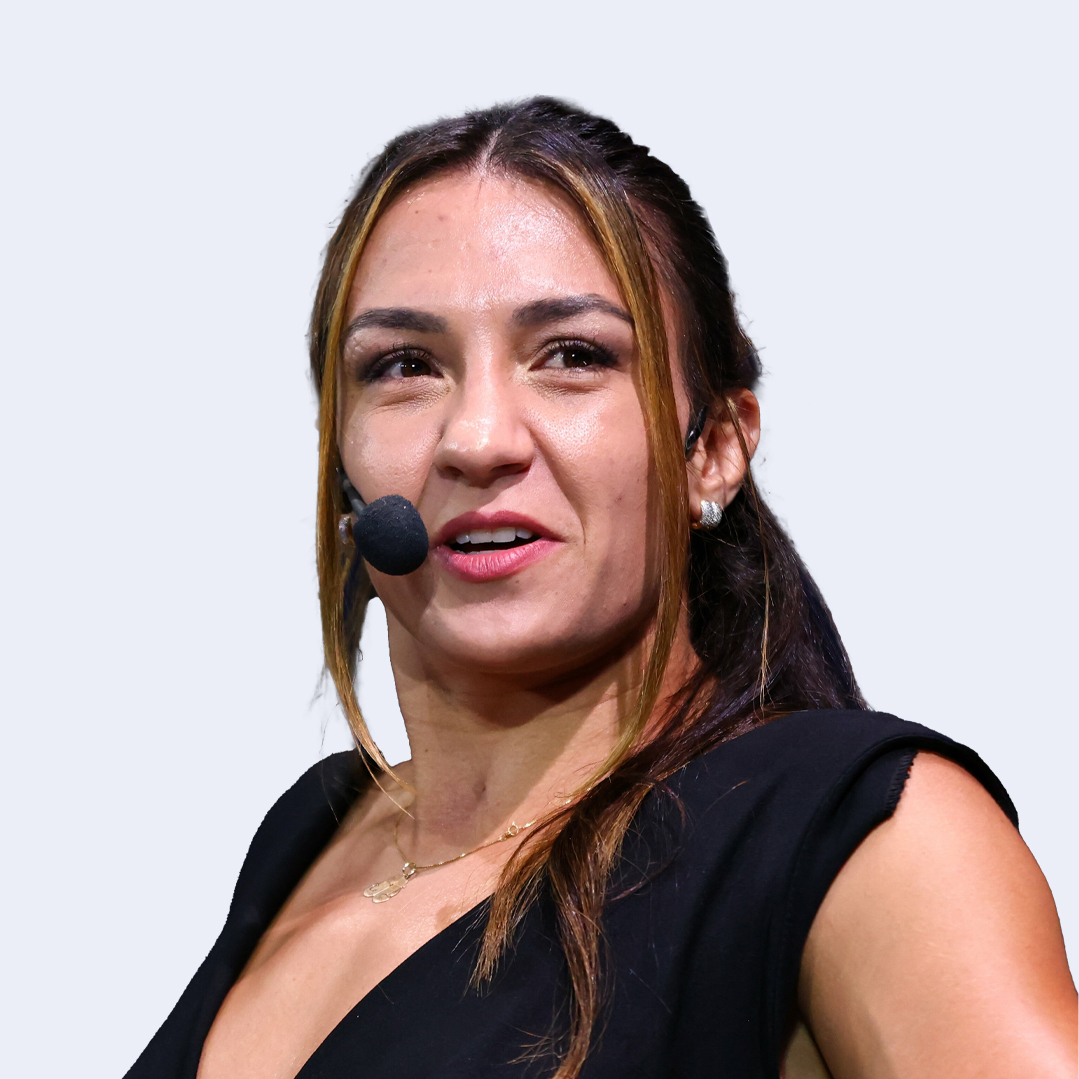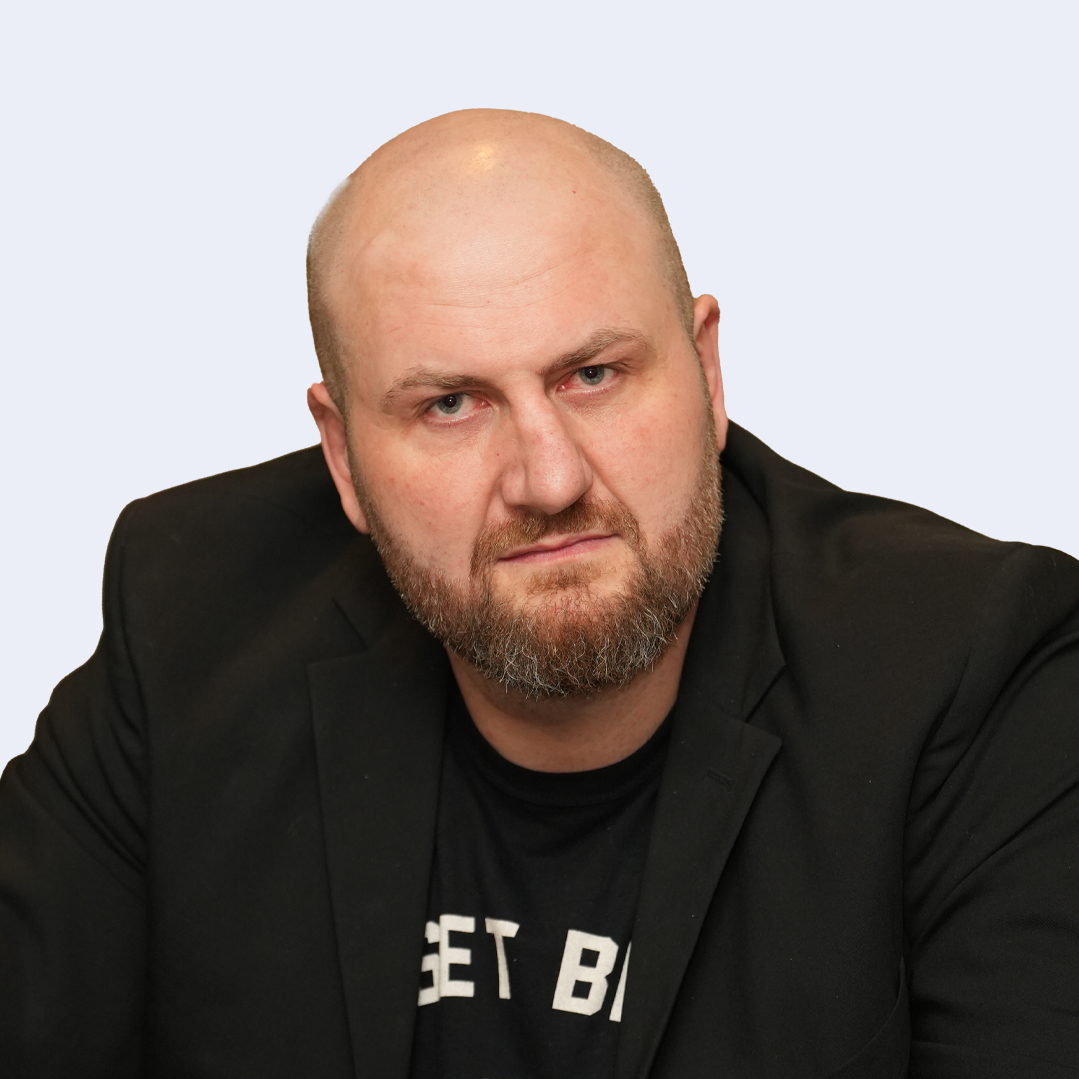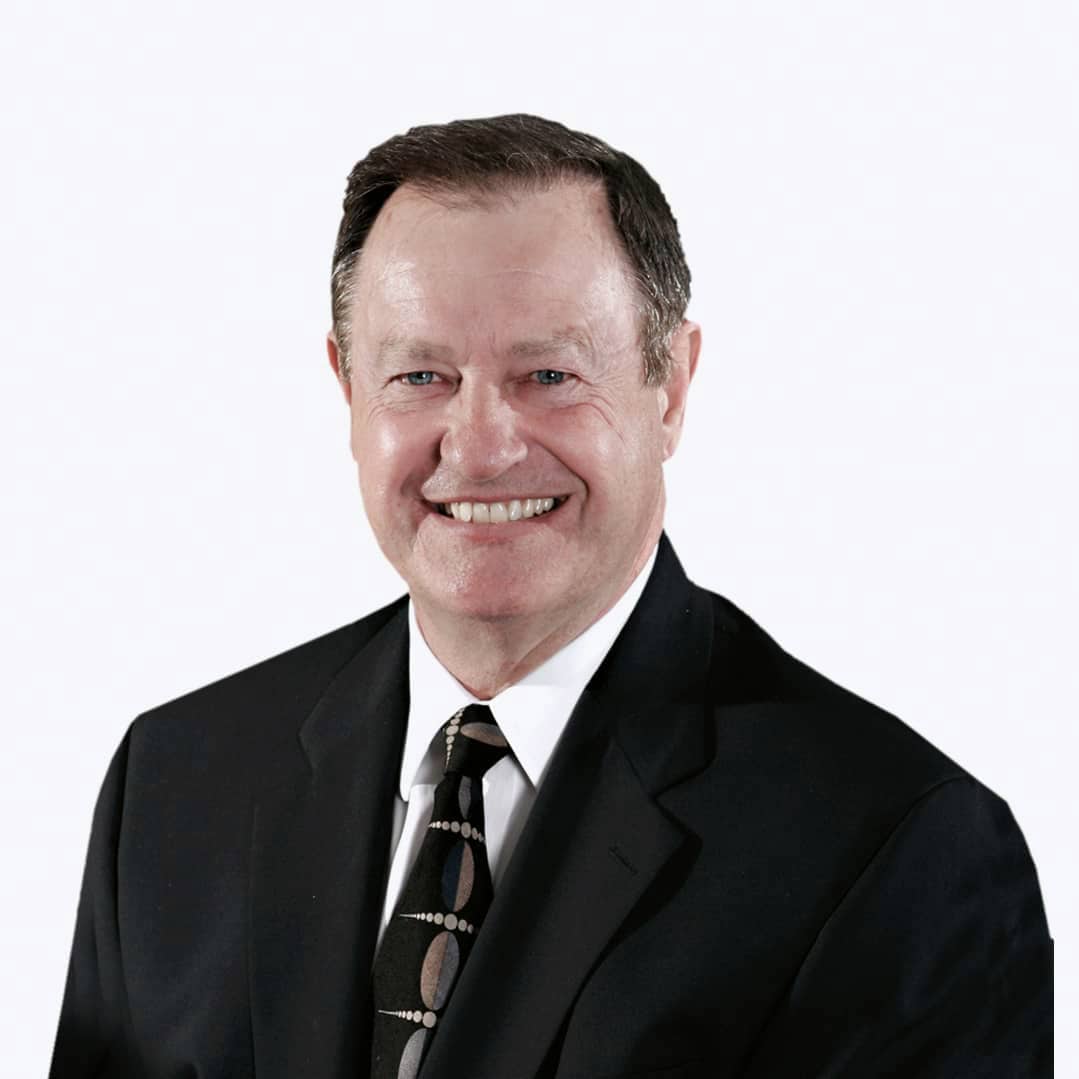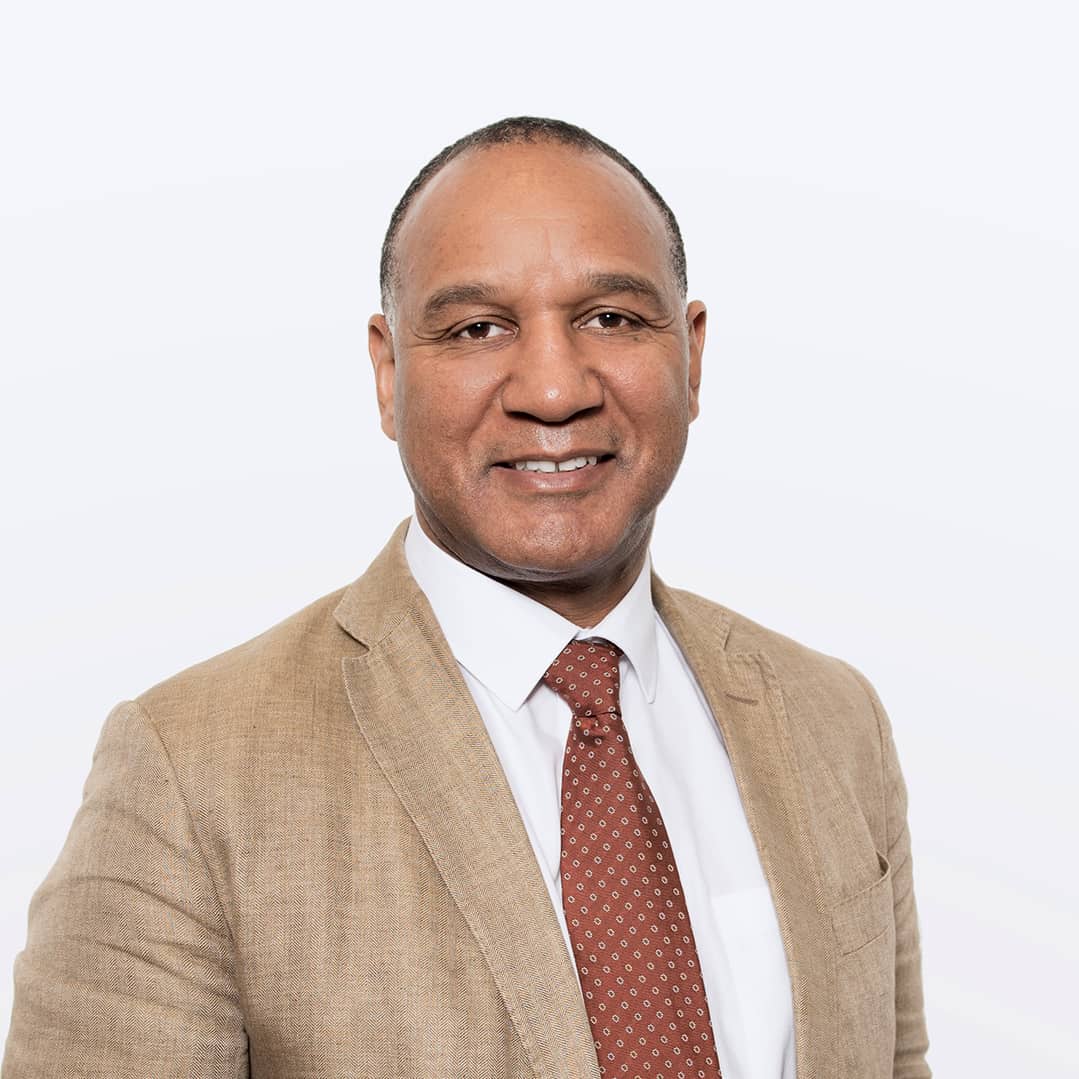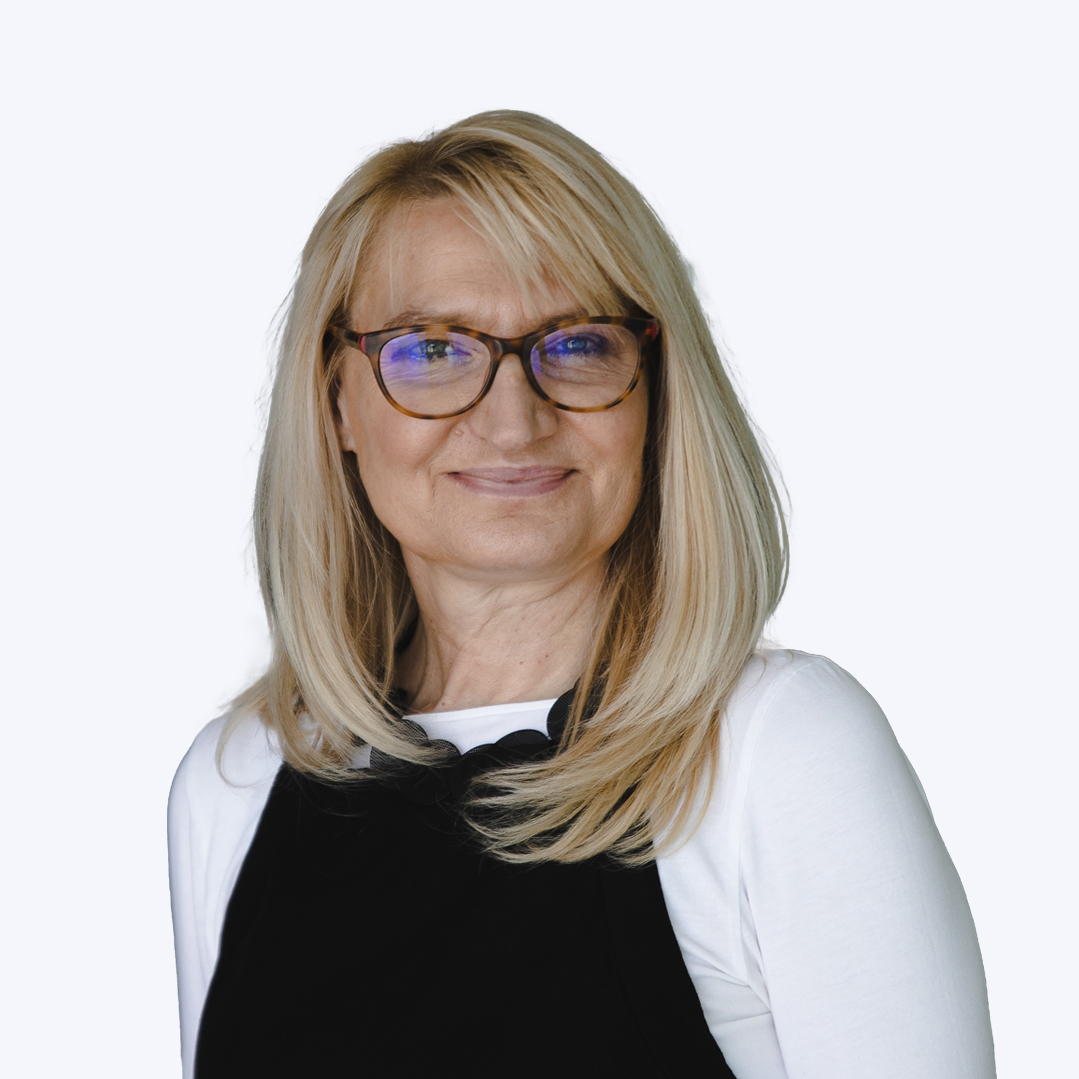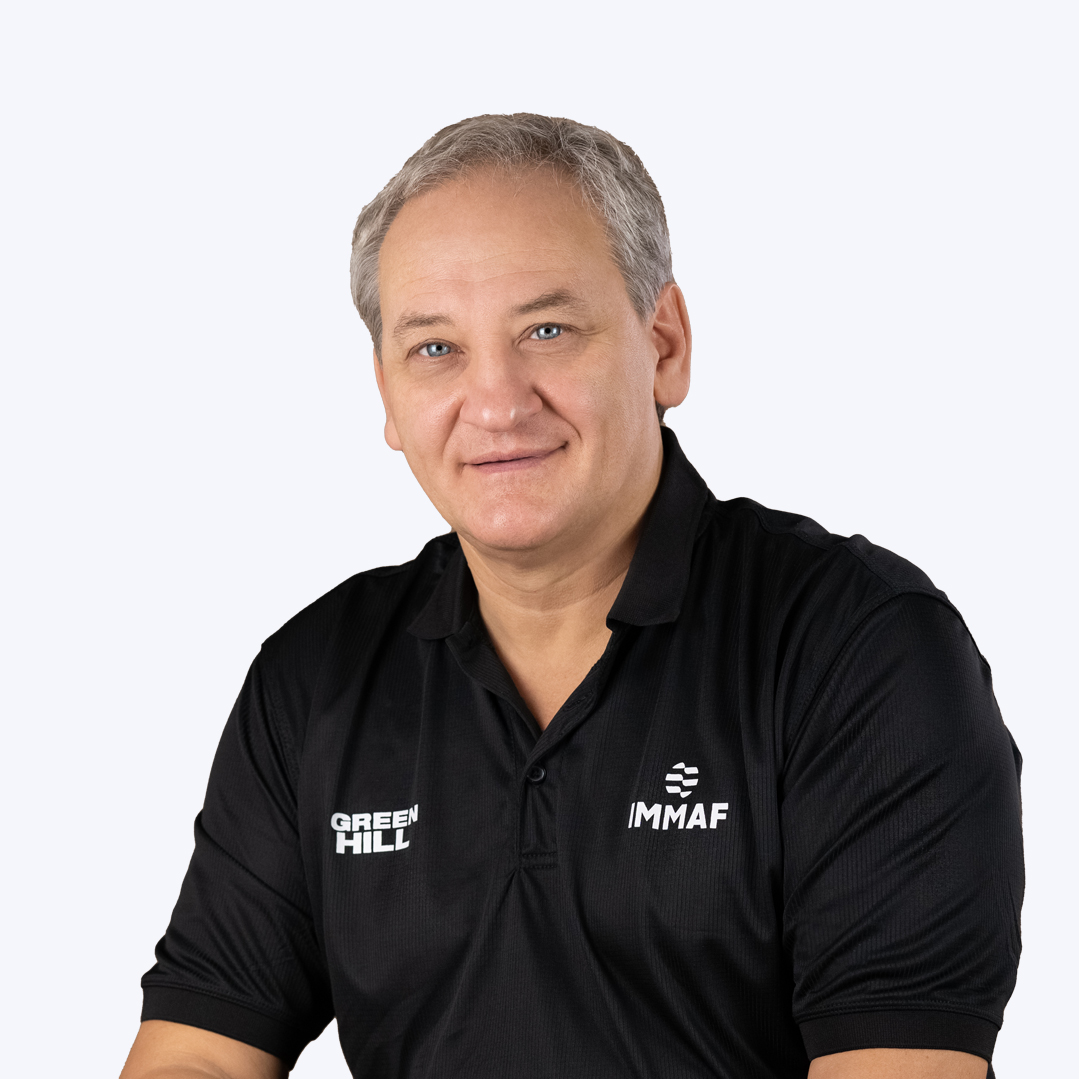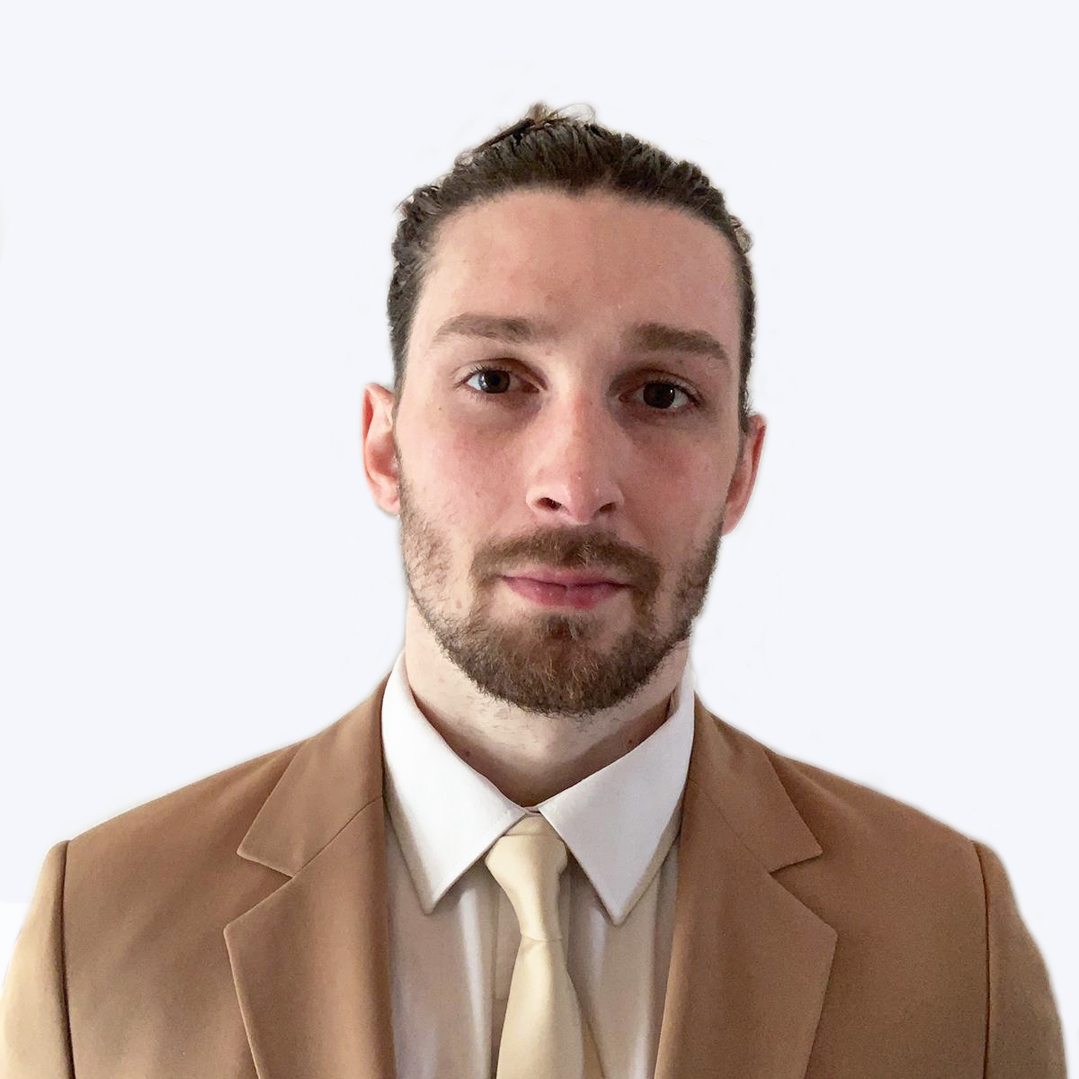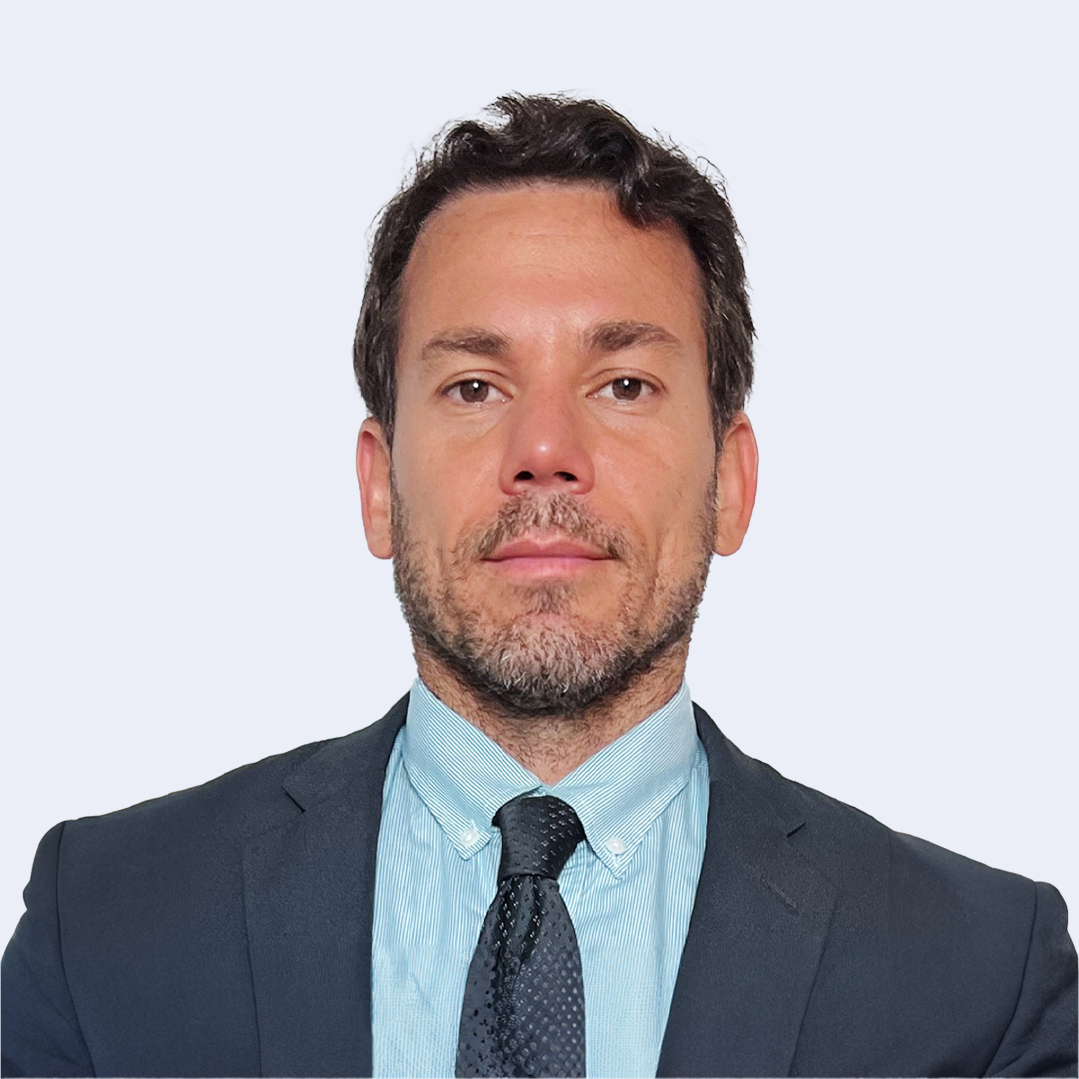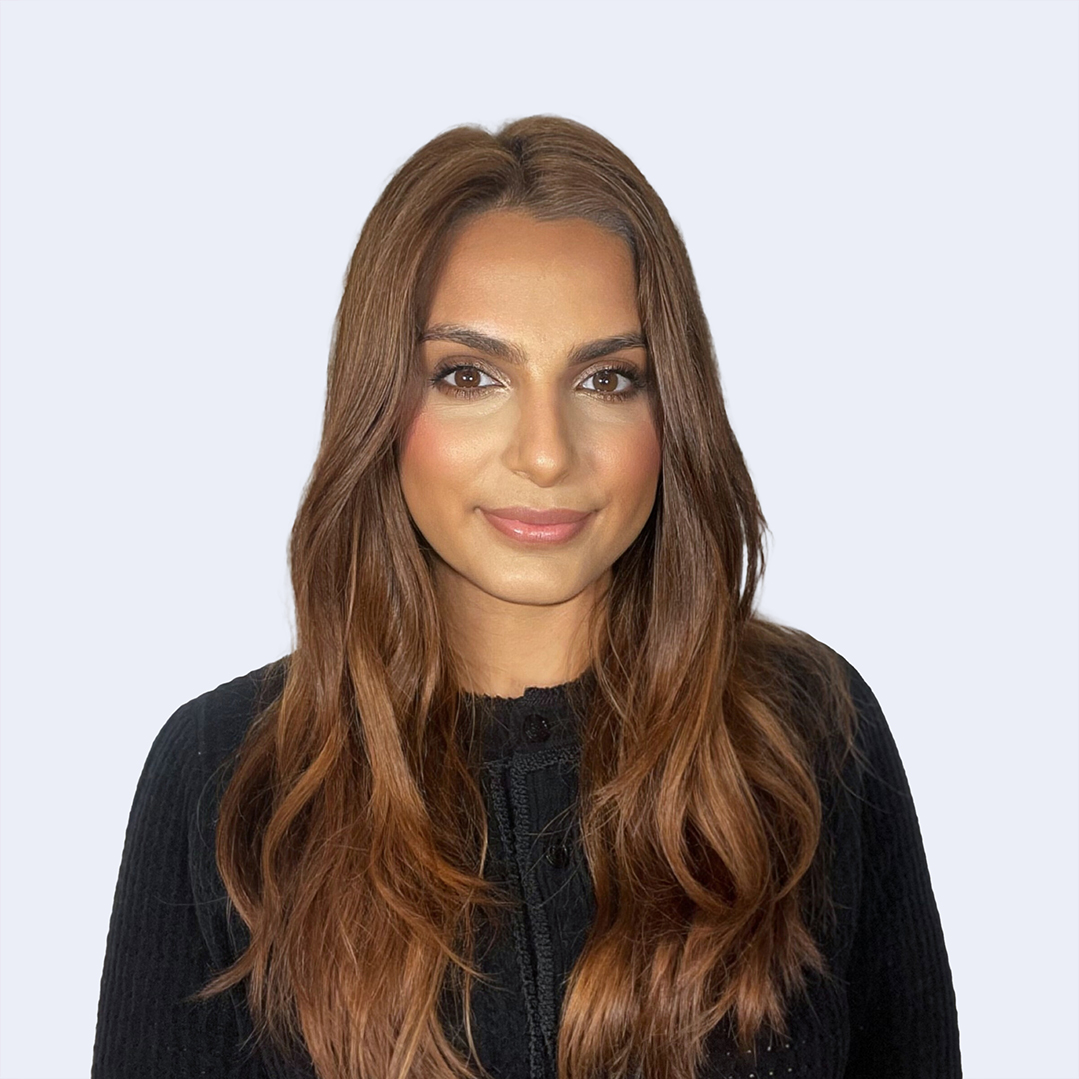Having started training in Judo aged five, Wissam Abi Nader has developed a deep understanding of the core principles of all martial arts – respect, discipline, hard work and the physical challenge.
As Wissam progressed, he started to compete in Judo at national and international level. Among the many accolades he won in the sport Wissam can boast to being a 12-time consecutive Lebanese Judo champion, 1st West Asian Ju-Jitsu champion, he was runner-up in the Asian Sambo championships and placed 3rd in the Sambo World Cup in 2011. His success lead him into coaching and to eventually form his own team which also competed at international level. He was also given the honour of coaching the Lebanese National Sambo and Combat Sambo teams, with the latter placing first four-years running at the Arab Championships.
It was in 2001 that Wissam became hooked on MMA and is a pioneer of the sport’s development in the region. He is responsible, along with IMMAF consultant Dr Nadim Nassif, for creating the first MMA club in Lebanon. This lead to the formation of the Lebanese Mixed Martial Arts Committee. Wissam had the foresight to govern MMA under the umbrella of the already established Lebanese Judo Federation and has seen the sport go from strength to strength.
After organising the first Lebanese MMA Championship in 2010, Wissam was elected president of the Lebanese MMA Committee and oversaw the first ever Arab amateur MMA championship. Although a solid base, there was more to be achieved for Wissam who saw MMA as a sport that needed a structure from grassroots to professional level. He worked closely with FILA, a recognised sports federation by the Internal Olympic Committee, and this relationship lead him to the IMMAF.
Wissam is adamant the IMMAF must play a key role in ensuring that a grassroots structure is in place that will help the sport flourish and ultimately be recognised as an Olympic sport.
